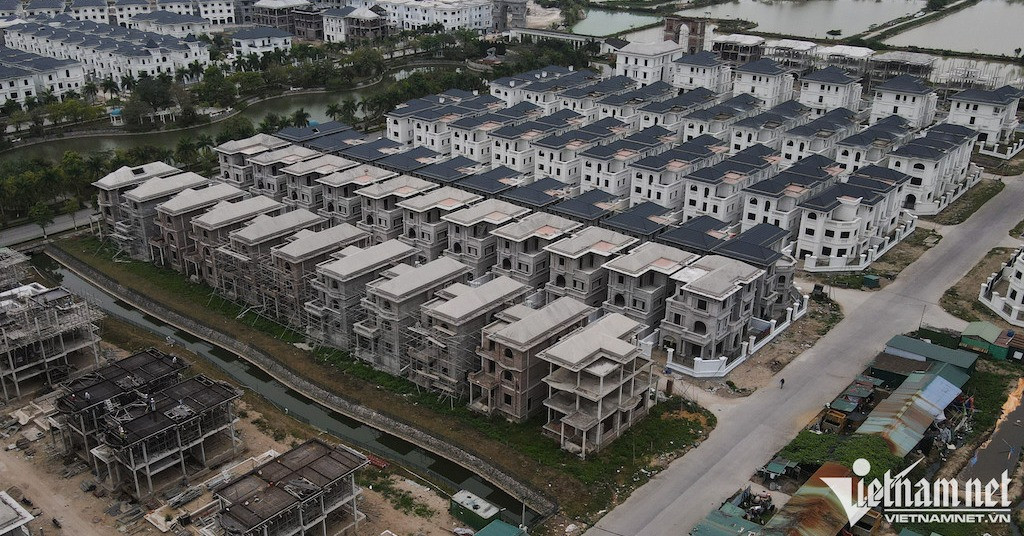
The Ministry of Construction has recommended that the Ministry of Finance study and propose a property tax policy to limit short-term buying and selling for profit and discourage speculative holding of idle land and second homes.
This proposal was included in the Ministry’s recent Q3 2024 report on housing and the real estate market.
In September, in a letter to the Government Office reporting on real estate prices, the Ministry of Construction suggested studying tax policies for those owning multiple properties to curb short-term speculative buying.
The Ministry’s recommendation comes as real estate and housing prices have surged since the beginning of the year.
A representative from the Ministry of Finance expressed support for the proposal to tax owners of multiple properties as a way to discourage speculative investment and ensure a more stable, transparent market.
Cao Thi Thanh Huong, a senior manager in Savills’ research division, commented that property taxes are a widely discussed financial tool in legal frameworks worldwide, particularly in developing nations like Vietnam.
Huong noted that even a middle-income family saving up to 40% of its monthly income would require over 30 years to afford a home—assuming prices do not continue to rise.
“Rising property prices exacerbate social inequality, creating long-term risks to social stability,” Huong observed.
Currently, property owners in Vietnam do not pay property taxes, and transfer fees remain among the lowest globally.
Huong believes that a tax on secondary properties could be an effective way to stabilize housing prices. Compared to other major taxes like corporate tax, property tax does not face competition or limitations from international agreements.
Will property tax increase housing prices?
At a recent press conference on the Q3 real estate market, Vuong Duy Dung, Deputy Director of the Housing and Real Estate Market Management Department (Ministry of Construction), disagreed with the view that taxing real estate would push prices higher. According to him, limited supply is just one of several factors driving up property prices in certain areas.
Reflecting on Hanoi’s rising property values, Deputy Minister of Construction Nguyen Viet Hung noted that speculation and market psychology are contributing factors.
“Speculation can inflate property prices beyond realistic levels, especially when combined with a ‘buy-to-hold’ mentality, which has driven up prices in Hanoi recently,” the Deputy Minister emphasized.
In this context, Dung stated that a property tax could help reduce speculative activity, prevent price inflation, and curb the creation of artificial demand. This policy would apply to owners with multiple properties.
Dung highlighted that various government departments support property tax as a solution, but he stressed the need for a comprehensive evaluation of its impact on businesses, citizens, buyers, and sellers to avoid unintended consequences in the market.
According to Huong, implementing property tax would require substantial infrastructure investment, tools to calculate tax, and, most importantly, a transparent, digitized database of residential real estate. These present significant challenges, demanding significant financial resources, strong commitment, and long-term cooperation from various ministries.
Another challenge is determining a suitable tax rate -- one that provides government revenue without stifling growth in the real estate sector, which is closely linked to many other economic fields.
Hong Khanh